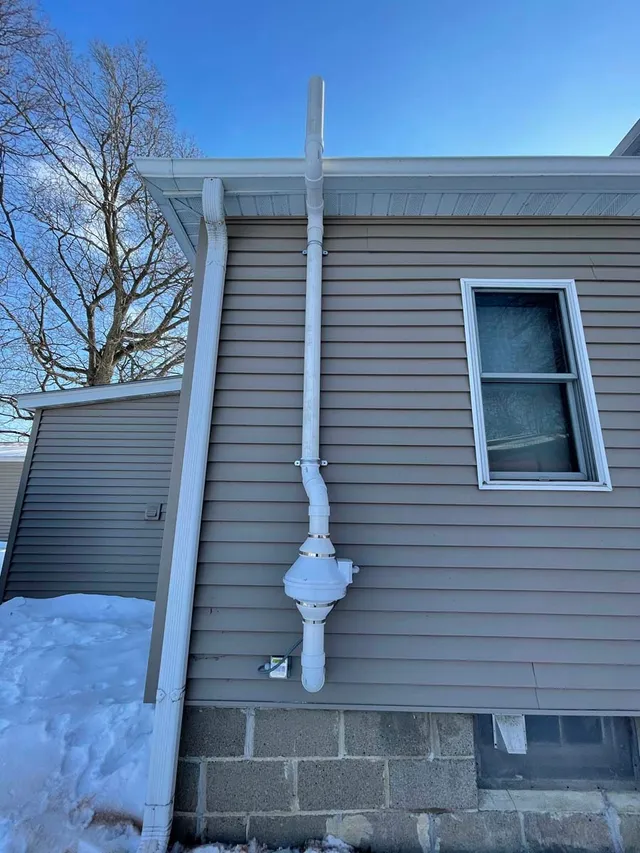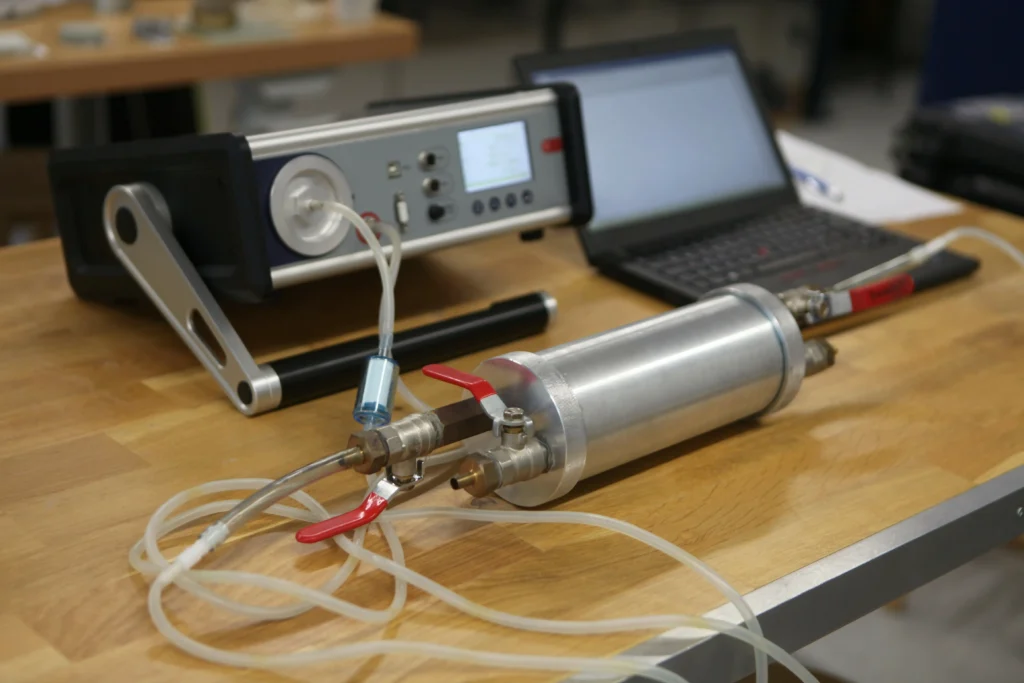When it comes to radon testing services in Dubuque, IA, Milledge Construction stands as the premier choice for homeowners seeking peace of mind and a commitment to their well-being. With years of expertise in the radon industry, Milledge Construction brings unparalleled knowledge to the forefront of radon testing.
Our team of licensed and certified professionals employs advanced testing methods, ensuring accurate results tailored to your Dubuque home or business. We prioritize transparency, providing customers with clear and timely reports to empower informed decision-making. By choosing Milledge Construction, you not only secure a comprehensive radon testing service but also gain a trusted partner dedicated to the safety of your home and loved ones. Contact us today to schedule your next radon testing in Dubuque, IA. We cover all commercial and residential radon testing services including these below:

Learn more about our radon testing services by calling (641) 218-5006 now.
Maintaining the effectiveness of your radon mitigation system in Dubuque, IA is very important, and neglecting this crucial aspect of home safety can have far-reaching consequences. Regular upkeep and attention to any emerging issues are vital steps in ensuring that your radon mitigation system continues to function optimally. At Milledge Construction, we deeply understand the significance of keeping your radon mitigation system in top-notch condition. Contact our team today for more information on our radon mitigation services in Dubuque, IA.

Radon is a colorless, odorless, and tasteless radioactive gas that occurs naturally as a decay product of uranium in soil, rocks, and water. Radon can enter buildings (such as homes, hotels, schools, apartments, etc.) through the ground and can accumulate to potentially harmful levels, posing health risks to occupants upon prolonged exposure. Given its radioactive nature, radon is a known carcinogen, and long-term inhalation of elevated levels has been associated with an increased risk of lung cancer. Radon testing and mitigation measures are crucial for identifying and addressing elevated radon levels in indoor environments, promoting healthier living and working conditions. Contact us today for radon mitigation services.
Originating from the natural decay of uranium, which is present in almost all soils, radon typically ascends from the ground into the air and can infiltrate your residence through foundation cracks and other openings. Once inside, your home acts as a containment for radon, allowing it to accumulate. Radon issues are not exclusive to specific homes; any residence may potentially face a radon problem. Some common ways radon can seep into your home or building:
Small or large cracks in the foundation of your home provide direct entry points for radon to seep in.
Points where different materials meet, such as floor-wall joints or wall-wall joints, can create openings for radon to enter.
Spaces around pipes and other penetrations in the foundation or walls can serve as entry points for radon gas.
Homes equipped with sump pump basins, designed to prevent flooding, may be vulnerable to radon entry through gaps in or around the sump pump.
Radon can move through spaces within walls, especially if these spaces connect to the soil.
In some cases, radon can be present in well water. When water is used in the home for activities such as showering or cooking, radon can be released into the air.
Radon can move through the soil and building materials via capillary action, which is the ability of a liquid or gas to flow in narrow spaces without external forces.
Once inside the home, radon can be further distributed by ventilation systems, including heating, ventilation, and air conditioning (HVAC) systems.
If your home has a brick exterior, spaces between bricks can sometimes allow radon to enter.
Gaps or joints between the floor and walls can be potential entry points for radon gas.
Milledge Construction provides residential and commercial radon testing services throughout Iowa. You can also trust us to install or repair mitigation systems to prevent radon from pooling in your property. We provide top-notch services and have years of experience in this industry.
Please use the form on this page to email us. You can also call (641) 218-5006 to speak with us directly. Our team looks forward to hearing from you soon.